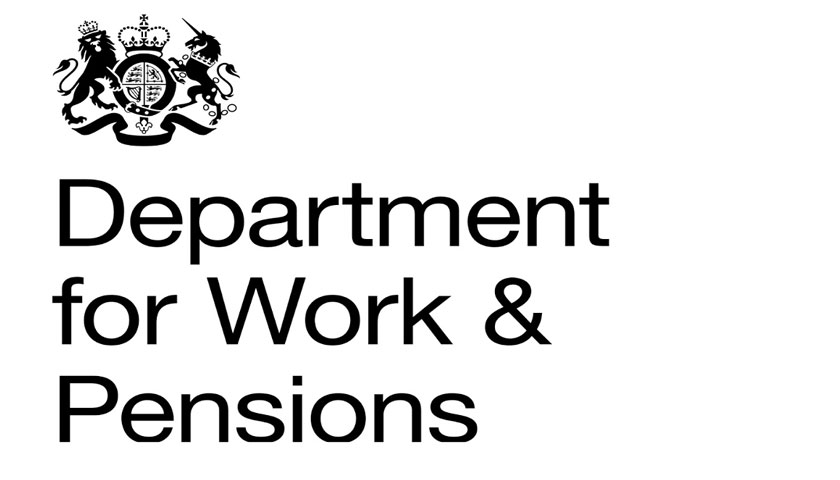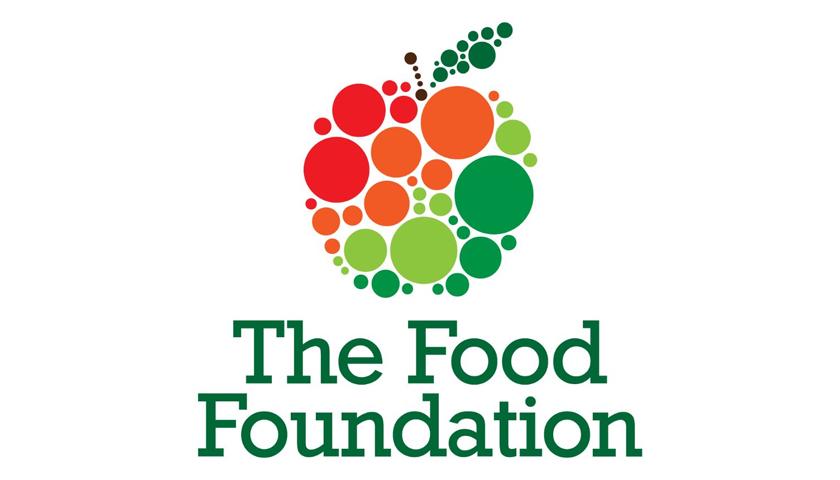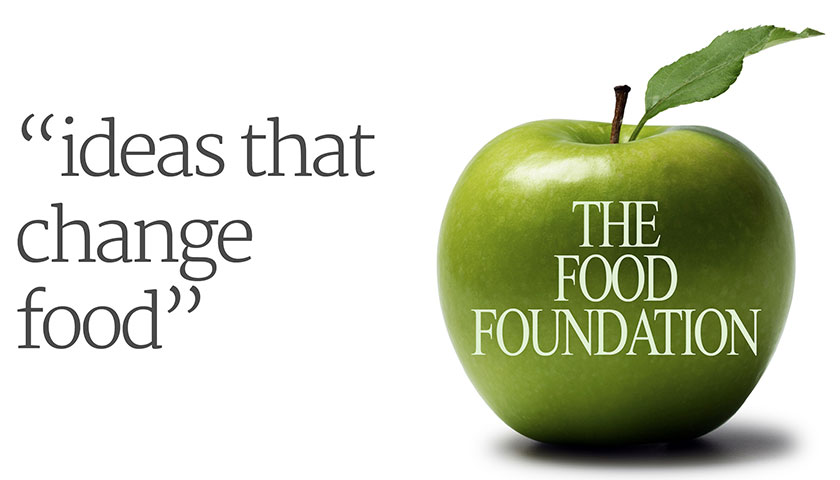From April 2019, the Department for Work and Pensions will be including the ten adult questions from the US Government’s survey on household food insecurity into the UK Family Resources Survey.
This is an annual survey, covering all four nations and has a large sample of 20,000 households. Data is gathered over the course of a year and reported a year later. In terms of food insecurity measurement, data collection will begin in April 2019 and be reported in April 2021. There is lots of scope to do analysis at a disaggregated level to understand drivers and those most at risk.
Labour MP Emma Lewell-Buck MP introduced a private member’s bill in November 2017 proposing a national food insecurity measurement. The Food Foundation think tank and End Hunger UK campaign are among other leading voices who have been calling for the urgent introduction of such a measure for several years. The recent Environmental Audit Committee report Sustainable Development Goals in the UK follow up: Hunger, malnutrition and food insecurity in the UK highlighted the need for cross-government action – the Government had thus far failed to recognise and respond to the issues of hunger, malnutrition and obesity in the UK.
The announcement was made at an informal roundtable meeting gathering teams from the ONS, the DWP, Defra, Public Health England, the Scottish and Welsh Governments as well as representatives of the Food Foundation, Sustain, the Independent Food Aid Network (IFAN), the Trussell Trust and Feeding Britain, as well as Dr Rachel Loopstra from Kings College London.
Anna Taylor, Executive Director of the Food Foundation, said: “We’ve known for too long now that a disturbing number of people in the UK don’t have access to enough nutritious food, but our knowledge has been too patchy to identify real solutions. In the fifth richest economy in the world, that’s a social justice disaster. But this new national measurement of food insecurity is a massive step forward, and will provide essential foundations for the response we so urgently need. A problem we understand is a problem we can solve: now we’ll have the information we need to act.”
Emma Lewell-Buck, Member of Parliament for South Shields, said: “I am thrilled that the Government has finally agreed to implement the asks from my Food Insecurity Bill, and will start measuring UK hunger.
“It is a real pity that it has taken this long to be enacted as every single day that has passed has been a day that another person has gone hungry. This positive step forward should not be used as an excuse for Government inaction whilst this important data is being gathered.
“The enacting of my Bill should be seen as a pre-cursor to real action on the devastating levels of hunger we are seeing in all of our communities.
“I want to give special thanks to the Food Foundation, End Hunger UK, Feeding Britain, all of my colleagues who have supported the Bill and Jo Benham Brown (Key Project) for her petition. Together we are showing that ending hunger is possible.”
Dr Rachel Loopstra, Lecturer in Nutrition, King’s College London:
“It is excellent and right that a measure of food insecurity is going into the FRS. It is the key survey for understanding financial and material well-being in the UK, and food insecurity is a critical part of understanding these. Going forward, it would be excellent to see food insecurity being monitored by government as a way of assessing how well their policies and programmes are ensuring that people always have enough food to eat. The number of children living in food insecure households should be monitored closely especially, as living in a food insecure environment has lasting consequences for their health and well-being. There is one concern with the selected measurement tool – and the other deprivation items used in the FRS – it will only measure how many people experience food insecurity in a given month. As food insecurity is often transient, there will be many people who will have enough money for food in one month, but not the next, so an annual measure would be preferable – in the US, the 30 day prevalence of food insecurity is only about half of the annual prevalence.”
Kath Dalmeny, chief executive of Sustain, an alliance of food and farming organisations, and a board member of the End Hunger UK campaign, said:
“For decades, efforts to ensure that people do not go hungry have been hampered by selective and combative use of statistics on which of our fellow citizens are routinely missing meals due to lack of money or adequate social services. The real-life results are that elderly and housebound people have fallen invisibly through the safety net as meals on wheels services have been cut by local authorities by over 40 per cent from 2014 to 2018. Meanwhile, last year, emergency food banks received over a million referrals for people experiencing financial crisis caused by Government decisions. At every step of the way, food bank and meals on wheels statistics have been disputed by decision-makers. So it is welcome news that authoritative and standardised data from the Office for National Statistics will make these problems visible and help us all rise above temporary political disputes, to allocate responsibility dispassionately for ensuring that everyone can afford to eat well.”
Niall Cooper, Director of Church Action on Poverty, and Chair of the End Hunger UK Board, said:
“It was over three years ago that End Hunger UK coalition members first called on the Government to ‘count the hungry.’ So we’re delighted, three years later, that food insecurity levels are finally going to be measured regularly. Our task now is to ensure that Government not only ‘counts the number of people going hungry’ in this country, but takes responsibility for reducing the numbers of people who haven’t got enough money to feed themselves adequately. This is a great first step, but our job won’t be complete until everyone has access to good food, and no one needs to go to bed hungry in the UK.”
Sabine Goodwin, Independent Food Aid Network, said:
“For too long we’ve been depending on statistics from the Trussell Trust network to decipher rapidly rising levels of food insecurity in the UK. We’ve known for years that people will use food banks, whether independent or Trussell Trust, as a last resort and that food insecurity levels are far higher as so many suffer in silence. The news that the ten food insecurity-related questions will be added to the DWP’s Family Resources Survey is very welcome indeed and we look forward to the systemic changes that this critical data could lead us to.”
Ann Jones, NFWI’s Vice Chair, and Chair of the Public Affairs Committee, said:
“The NFWI has been calling for the government to start measuring levels of UK food poverty since 2017 and we are delighted that the ONS is taking this important step to measure food insecurity, as part of its Family Resources Survey.
“This measurement will give a better understanding of who and how many people are affected by food poverty in the UK, allow for the identification of hotspots and enable service providers to target their resources more effectively. It will provide a baseline to determine whether food insecurity levels are growing or receding and, crucially, the potential impact of government policies on food poverty levels.
“It is unacceptable that an estimated 8 million people are locked in food poverty in the UK today; this measurement marks an important first step to end this crisis and we would like to congratulate the ONS on committing to its implementation.”


